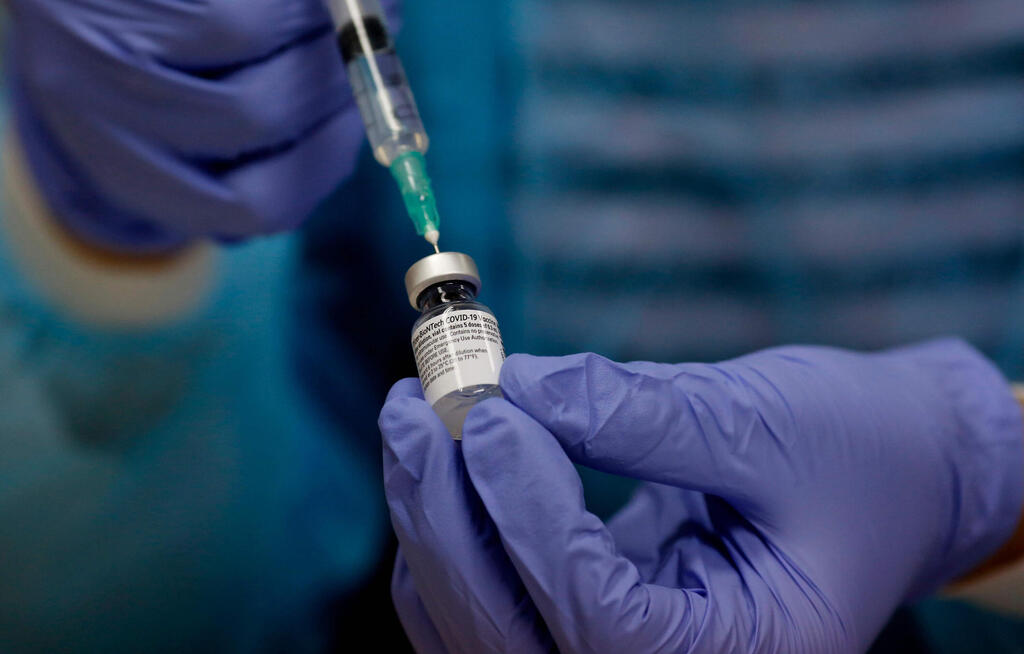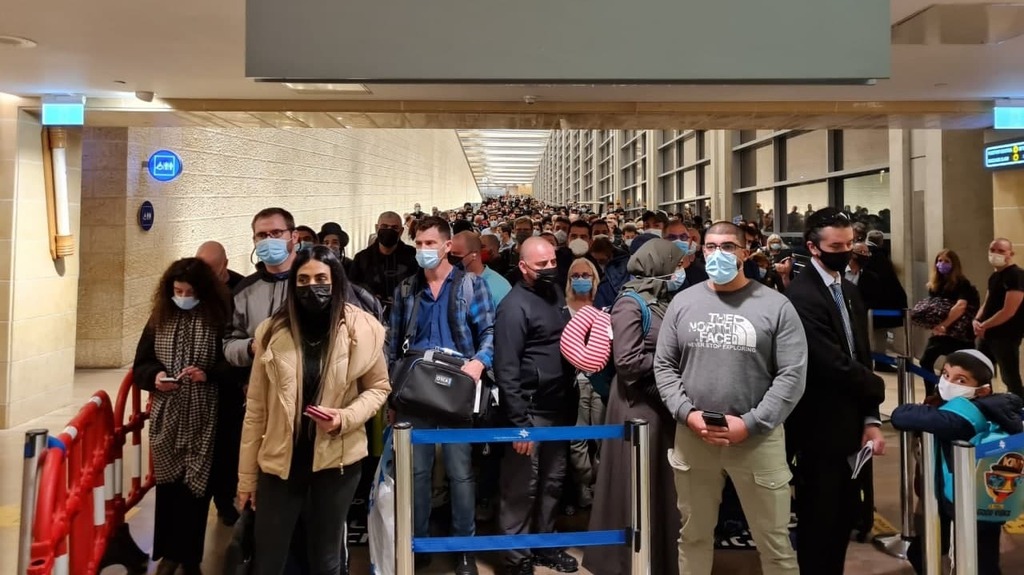Between two to three million Israelis will have been vaccinated by March 23, a potential date for new elections, the Health Ministry's director-general said Tuesday.
Prof. Hezi Levi told Ynet the ministry has been preparing for some time for a possibility of a national elections during the pandemic amid the ongoing political deadlock over a state budget.
"Regardless of the elections, I would be very happy for the public to respond and for us to be able to vaccinate at least three million or more by [March 23], in order to leverage the issue of vaccination for the Israeli public and go back to our regular lives,” Levi said.
“I think the virus will not be affected by elections. The true problem is the lack of budget. We are working to transfer funds to hospitals and manage the pandemic, we will continue to do this and provide the vaccines in addition to everything else that will be required,” said Levi.
Levi also offered reassurance that the reported long lines for vaccinations would improve as the campaign continued. "The vaccination campaign started two days ago, we are at the beginning of the operation. HMOs are setting up more vaccination sites, things will work out," the professor said.
"Together with the HMOs, we will be able to vaccinate more than 60,000 to 70,000 a day… By the end of the month, we will receive millions of vaccines, thus we will be able to vaccinate the public without interruptions,” he said.
He said the ministry is also investigating whether the new strain of coronavirus that was recently discovered in the UK, has found its way to Israel.
"We know the mutation infects more people at a faster rate, around 70-60% more. We have seen this in the UK and elsewhere,” says Levi. “However, the nature of the disease should not be cause for hysteria, it is not more violent for sure, that's what we know at the moment. There is also no evidence to suggest the vaccine is ineffective against the new strain."
The professor added the new strain is the main reason why Israel voted to implement measures that would see any arrivals from abroad quarantined in state-operated hotels.
"We learned only a short time ago that about two-thirds of returnees do not follow the self-isolation instructions. Now that we want to limit the spread of the new strain we want to put people in isolation to make sure the quarantine is not violated.”
The Health Ministry said Tuesday 3,594 people tested positive for coronavirus a day earlier, the highest the figure has been in months - with a contagion rate of 4.2%.
“We are in the midst of an infection surge that requires a swift response,” said Levi. "I'm not sure that tightening restrictions as proposed will be enough to cope with this increase - we may have to think about closure."




